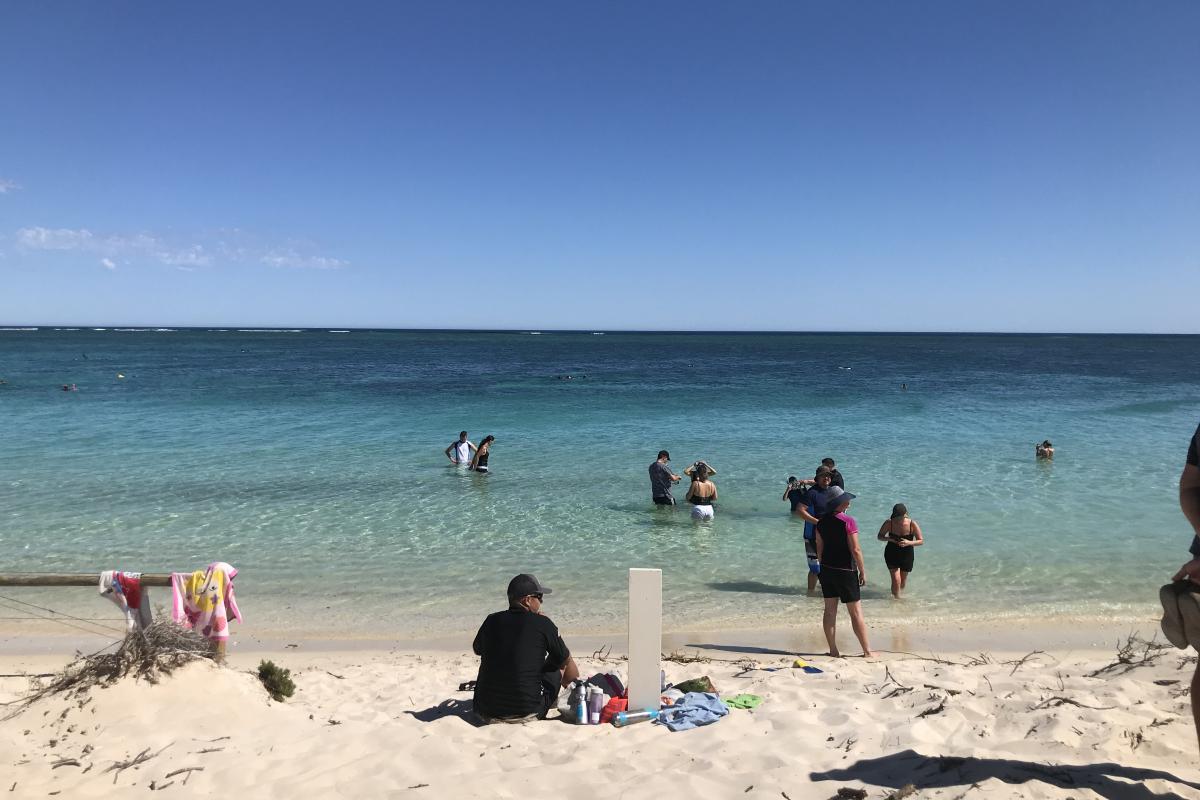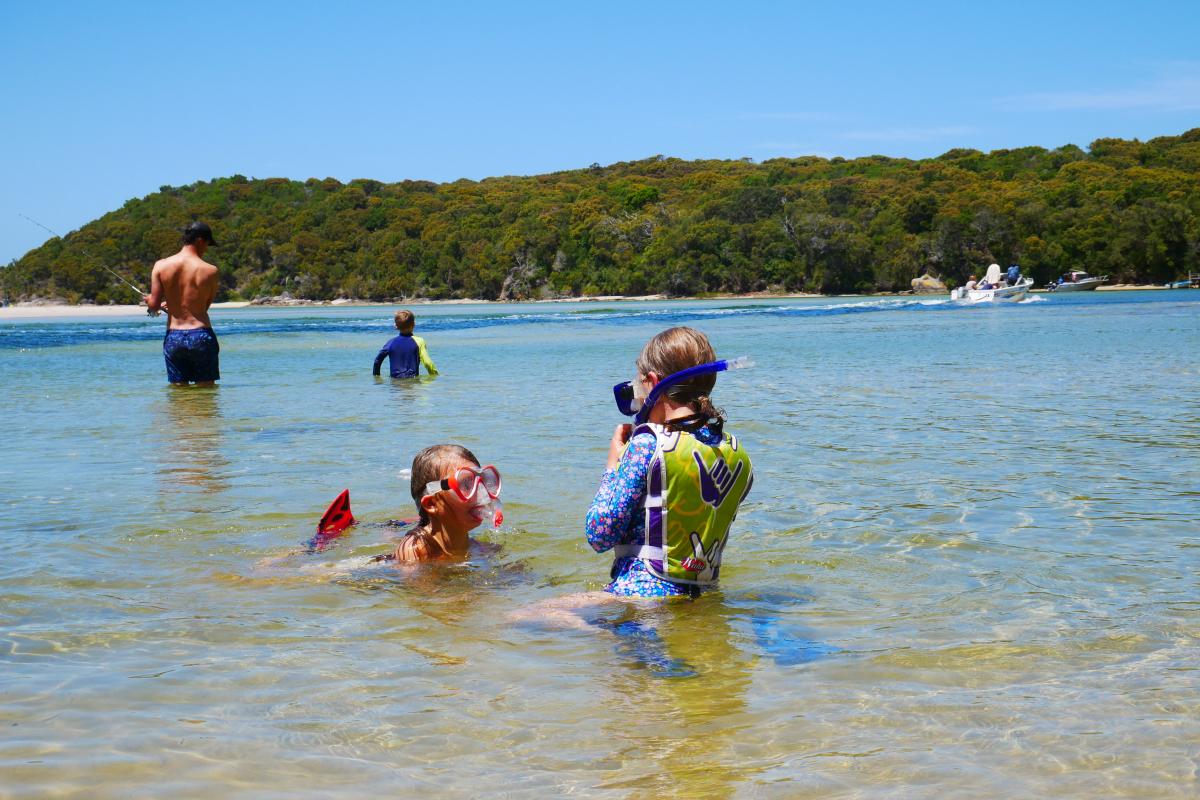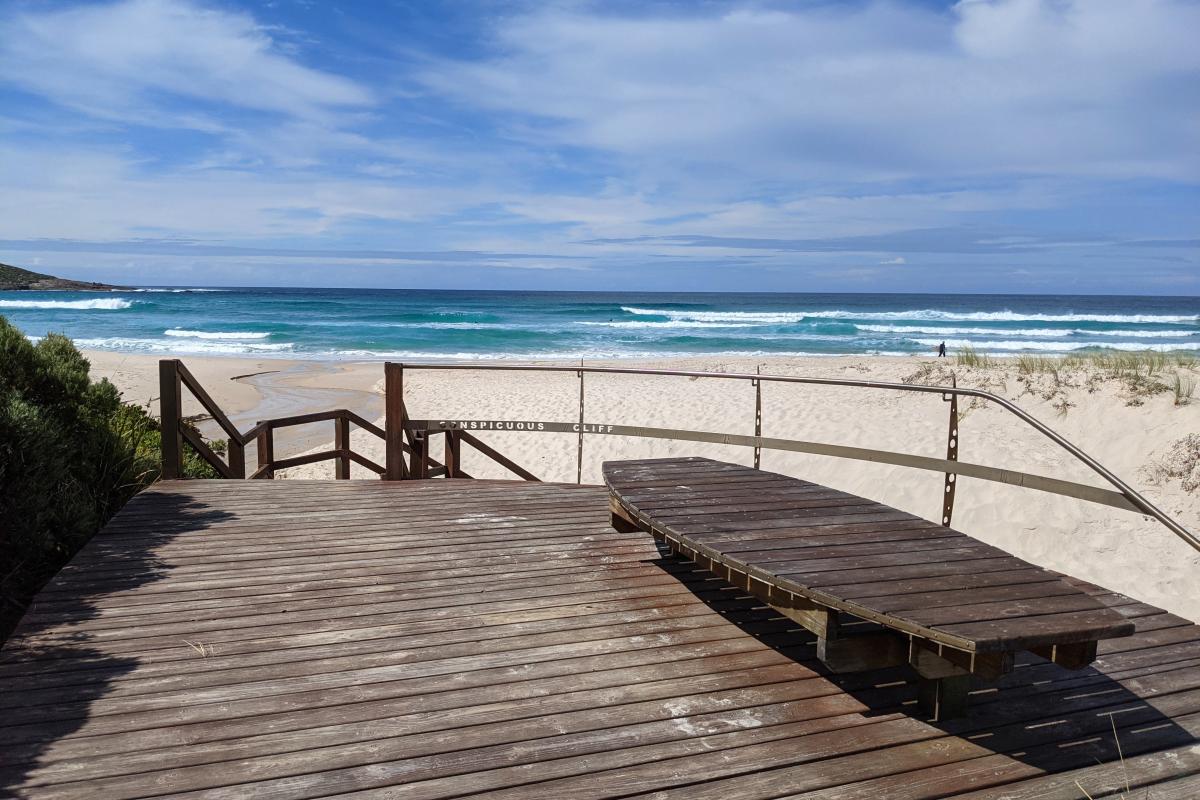Stay safe while enjoying parks this summer
With a long, hot summer ahead in Western Australia, it's essential to be prepared and stay safe while exploring parks. Spending time in WA's national, marine, and conservation parks can do wonders for your health and well-being. However, as temperatures rise and bushfires become more common, it's crucial to prioritise your safety while venturing into parks.
Here are some easy-to-follow tips to ensure you have a safe and enjoyable visit.
Plan ahead
Before heading out, take the time to plan your visit, even if it's just for a day. Research the park thoroughly and be well-prepared for the summer conditions. Familiarise yourself with the safety information on the Explore Parks WA website.
Stay informed
Check Park alerts regularly for updates. Stay informed about Emergency incidents in Western Australia and monitor the Fire Danger Rating and weather on the Bureau of Meteorology (BOM) website.
Water
Water is not guaranteed to be supplied in parks so always carry enough for your needs. As a minimum, carry and drink 1 litre of water per hour of walking, per person.
Heat
To protect yourself against heat stroke, wear a hat and loose protective clothing, drink water regularly and choose cooler days or the cooler times of the day to visit and be active. Avoid sunburn by wearing a hat, long-sleeved shirt and sunscreen, even on overcast days.
Swimming
Many beaches are unpatrolled by lifeguards. Check the Beachsafe website SLSA Beachsafe to find the nearest patrolled beach and information on swimming safety such as rips and strong currents.
Notify someone
Share your plans with friends or family members. Inform them of your itinerary, where you're going, and when they can expect your return. Stay in touch while you're away and establish a plan in case you encounter any delays.
Know your limits
Avoid unnecessary risks by knowing your limits. Carry sufficient water, maps and ensure you can handle any equipment breakdowns. Drive safely and be prepared for unexpected weather changes.
Emergency communication
Keep in mind that many parks have limited or no mobile coverage. If you're venturing into remote areas, consider carrying an Emergency Position Indicating Radio Beacon (EPIRB) or Personal Locator Beacon (PLB).
By following these simple guidelines, you can make the most of your summer park visits while ensuring your safety is a top priority.



